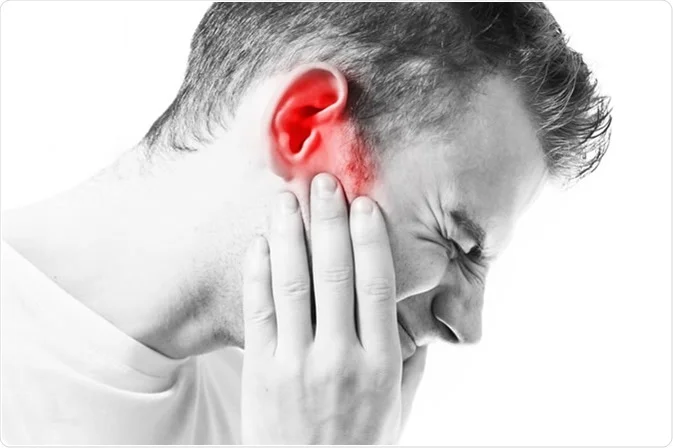
Tinnitus: Causes, Symptoms, and Treatment
Tinnitus is the perception of ringing, buzzing, hissing, or clicking sounds in the ears when no external sound is present. It is a symptom rather than a disease and can be temporary or chronic.
Types of Tinnitus
🔹 Subjective Tinnitus – Only the affected person hears the sound (most common).
🔹 Objective Tinnitus – A doctor can hear the sound during an examination (rare).
Causes of Tinnitus
Hearing Loss – Age-related or noise-induced damage to the inner ear.
Loud Noise Exposure – Concerts, headphones, machinery.
Ear Infections or Blockages – Wax buildup, fluid in the ear.
Ototoxic Medications – Certain antibiotics, aspirin, diuretics.
Head or Neck Injuries – Trauma affecting the auditory system.
Circulatory Issues – High blood pressure, poor blood flow.
TMJ Disorders – Jaw joint dysfunction.
Neurological Conditions – Meniere’s disease, acoustic neuroma.
Stress & Anxiety – Can worsen perception of tinnitus.
Symptoms of Tinnitus
✔ Ringing, buzzing, humming, hissing, or clicking sounds
Can be high-pitched or low-pitche
May be constant or intermittent
Worsens at night or in silence
Diagnosis of Tinnitus
🔹 Hearing Test (Audiometry) – Checks for hearing loss.
🔹 Physical Examination – To rule out ear infections or wax buildup.
🔹 Imaging (MRI or CT Scan) – If a tumor or vascular issue is suspected.
Treatment & Management
1. Treat Underlying Causes
- Earwax removal – If wax buildup is causing tinnitus.
- Hearing aids – If associated with hearing loss.
- Medication adjustments – If tinnitus is caused by ototoxic drugs.
2. Sound Therapy
- White noise machines, fans, or soft music to mask tinnitus.
- Hearing aids with built-in tinnitus maskers.
3. Cognitive Behavioral Therapy (CBT)
- Helps manage emotional response to tinnitus.
4. Medications (If Needed)
- No cure, but some drugs (e.g., antidepressants, anti-anxiety meds) may reduce distress.
5. Lifestyle Changes
Reduce caffeine, alcohol, and nicotine (can worsen symptoms).
Manage stress – Meditation, yoga, deep breathing.
✔ Regular exercise – Improves circulation and overall well-being.
When to See a Doctor?
🔹 If tinnitus is sudden, worsening, or one-sided.
🔹 If it affects sleep or daily life.
🔹 If it is accompanied by dizziness or hearing loss.

